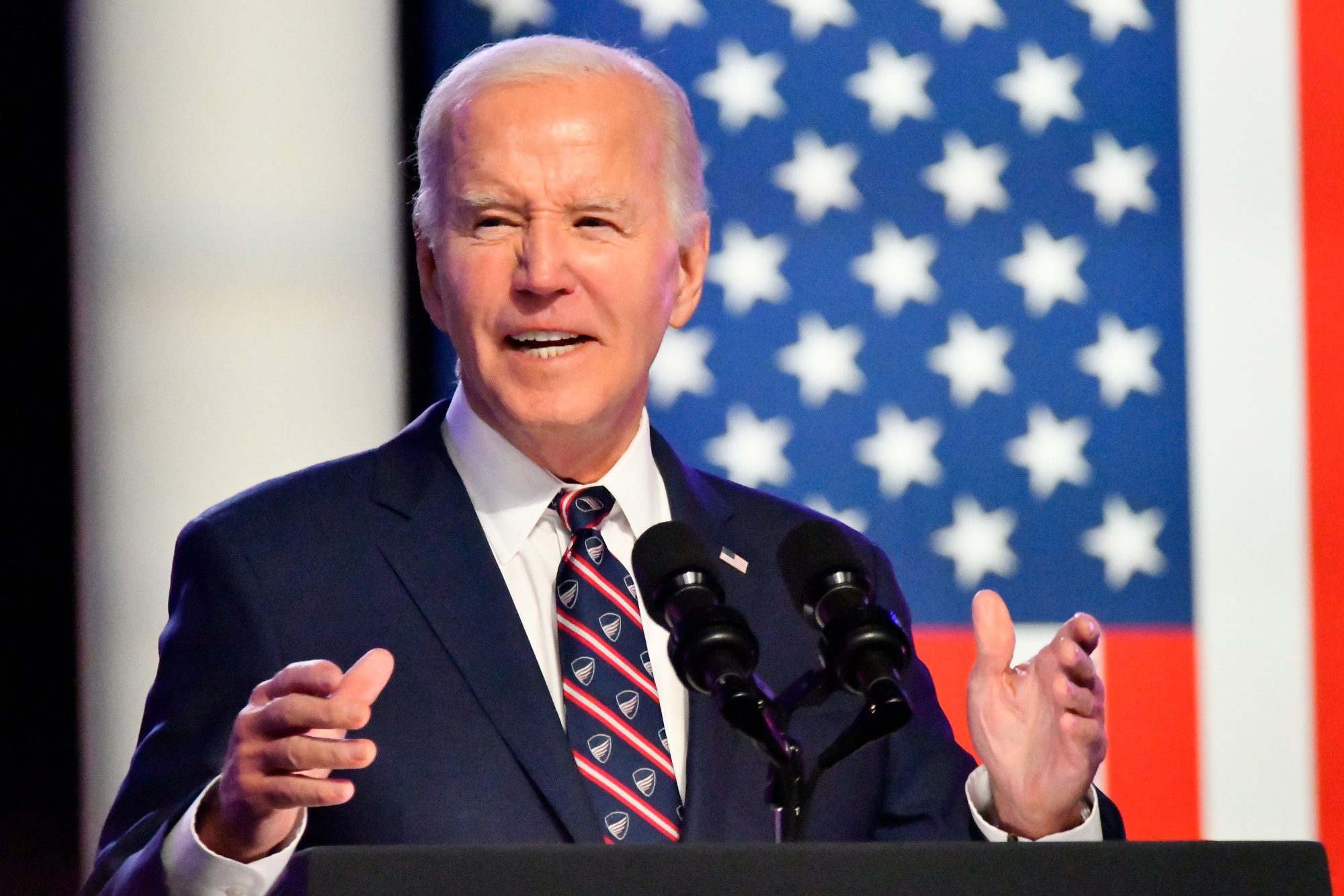Silicon Valley’s political endgame, summarized in 12 visuals via our friends at Climateer Invest
5-Sentence Summary
This is a visual table of contents for data-driven book about Silicon Valley’s political endgame: the path toward overhauling the Democratic Party and orienting our lives toward innovation.
The central argument is that changes in the economy also change the political ideology in power; some personalities and value systems thrive in different occupations and industries. The growth of the knowledge economy has empowered an ancient, idealistic ideology that places an extreme faith in the power of information to solve the world’s problems.
A growing demographic of highly-skilled college-educated liberals will transform government’s role to be about directly investing in citizens, funding them to become as entrepreneurial, civic, and healthy as possible.The ultimate goal is to make life as close to the college experience as possible: a life dedicated to research, exploration, and creativity, while automation ensures that everyone has enough food and leisure time to pursue their unique contribution to the world.**Note: Links to chapters are presented before each image. You’ll get the gist of the entire book in this short summary. The book itself is composed of stand-alone, bit-sized, data-visual-heavy blog posts. It’s designed to be an extraordinarly quick read.**A New Political IdeologyThe first representative political opinion poll of startup founders reveals that Silicon Valley represents a novel libertarian-like ideology growing within the Democratic party (Chapter 1).

“Most of Silicon Valley, most of the executives, tend to be Democrats” ~ Paypal Co-founder, Peter Thiel (personal communication)
Silicon Valley’s vision for government
Technologists want the government to be an investor in citizens, rather than as a protector from capitalism. They want the government to heavily fund education, encourage more active citizenship, pursue binding international trade alliances, and open borders to all immigrants. It combines the meritocracy obsession of libertarians with the collectivism of liberals (Chapter 1).
Silicon Valley’s Philosophy
Founders’ political and moral beliefs are based on a rather extreme idealism about human nature, society, and the future. The tend to believe all change over the long run ends up being good. Likewise, they reject the notion that there are inherent conflicts of interests between citizens, the government, corporations or other nations.











